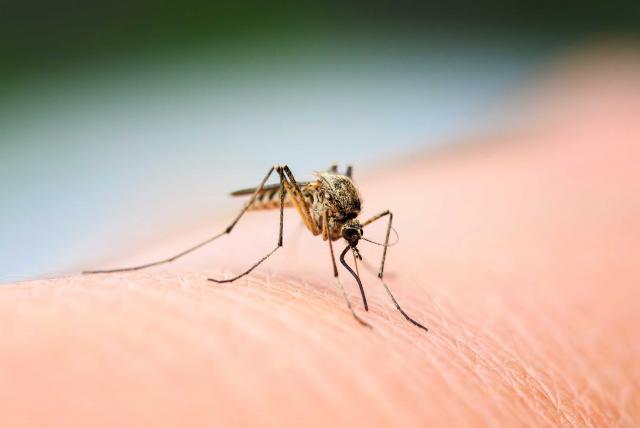Victorians are being encouraged to understand the risks of Buruli ulcer and take precautions against mosquito bites this summer, as cases continue to spread.
New data shows 363 people presented with the ulcer in 2023, the highest number recorded since the infection emerged in Victoria in 2004.
While most of these cases are of low severity, it is important Victorians take precautions to avoid contracting the bacterial infection as warmer weather provides mosquitoes with an ideal breeding environment.
Acting Health Minister Ingrid Stitt said Victorians living in coastal towns or visiting over summer should be especially vigilant.
“Warmer weather provides mosquitos with an ideal breeding environment,” she said.
“Victorians should use an insect repellent with DEET, cover up when outdoors and practice good hygiene by washing new scratches and cuts.”
Buruli ulcer is an infection linked to mosquitos that can cause significant skin damage. The condition can be treated with antibiotics, making early diagnosis and treatment vital.
Symptoms for the infection include spots that look like insect bites, ulcers, painful lumps, limb swelling, redness of the skin and occasionally people can develop severe pain and fever.
Simple and practical steps to reduce the risk of contracting Buruli ulcer include:
Covering up by wearing long, loose-fitting clothing- mosquitos can bite through tight clothing
Using insect repellents containing Picaridin or DEET on all exposed skin
Checking the repellent label before applying to children- spraying or rubbing repellent on children’s clothes is recommended, avoiding their skin especially their hands
Limiting outdoor activity if there is a significant uptick in mosquitoes and using ’knockdown’ fly spray, mosquito coils or plug-in repellent while sitting or eating outdoors
Removing stagnant water where mosquitoes can breed around the home or a campsite
Making sure windows are fitted with mosquito netting or screens
Promptly wash any new scratches or cuts and protect with a dressing
Wash exposed skin contaminated by soil or water after outdoor activities
Details: betterhealth.vic.gov.au/health/healthyliving/Buruli-ulcer#prevention-of-buruli-ulcer







